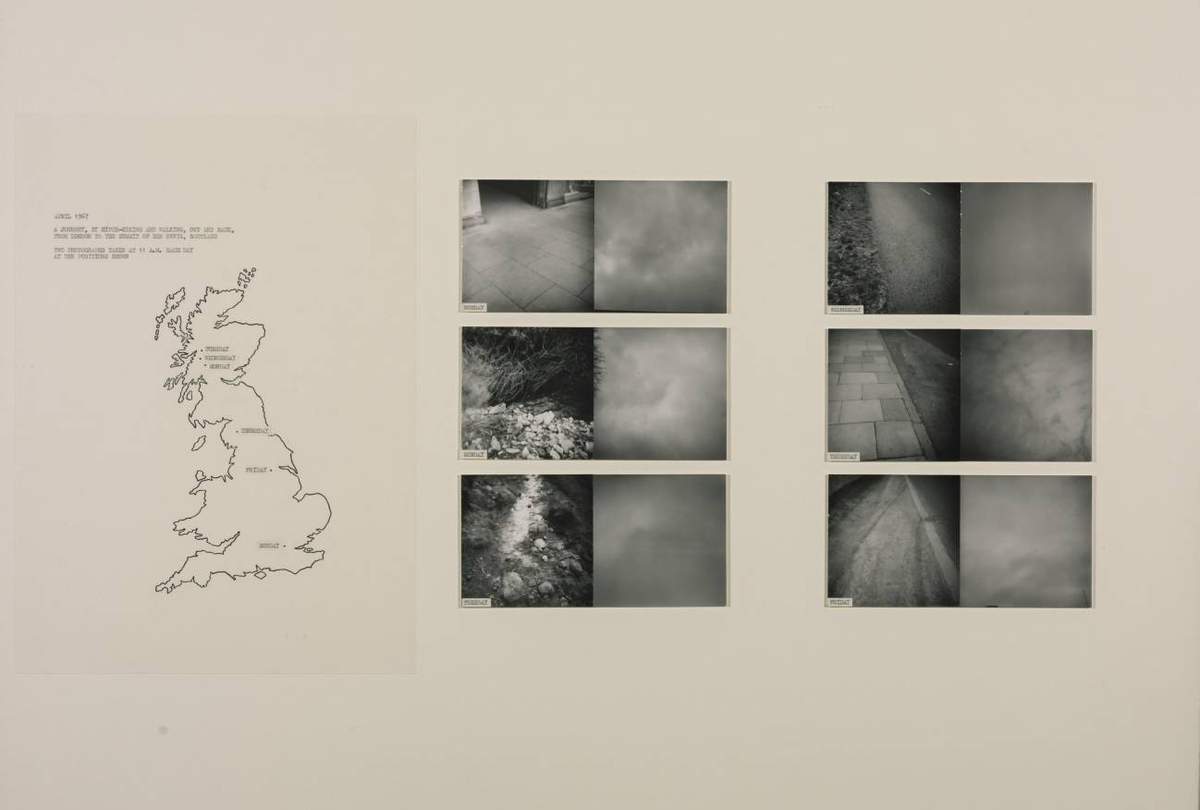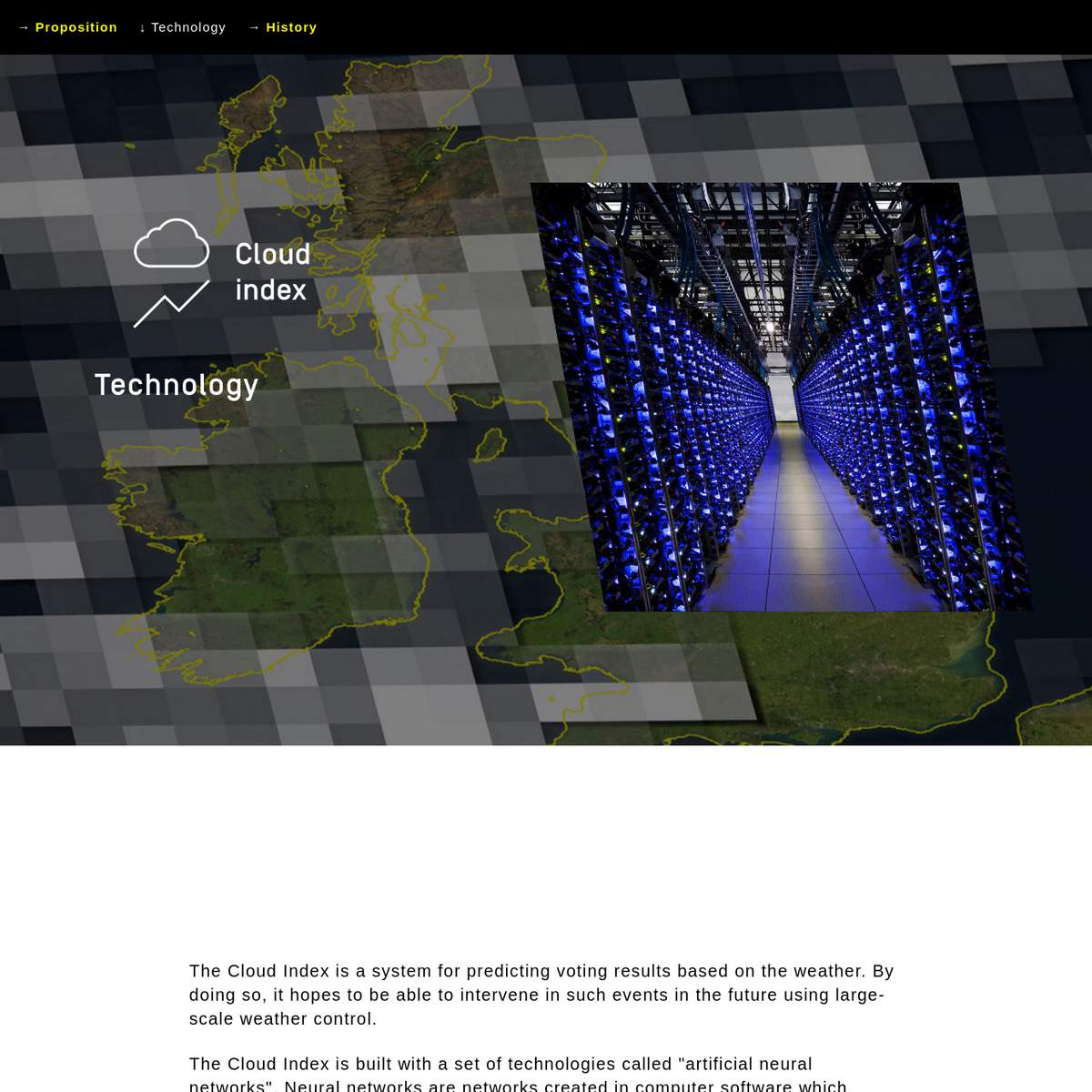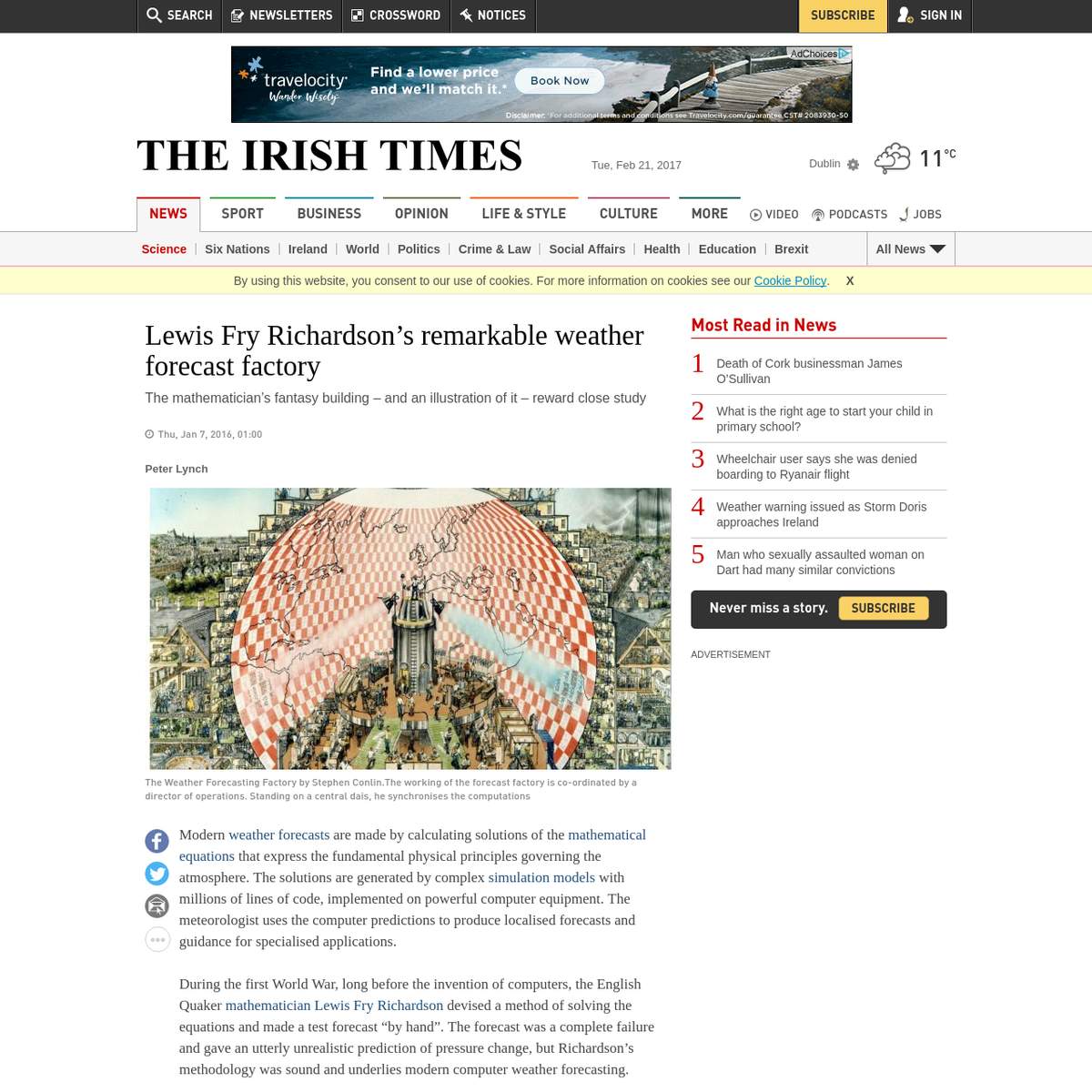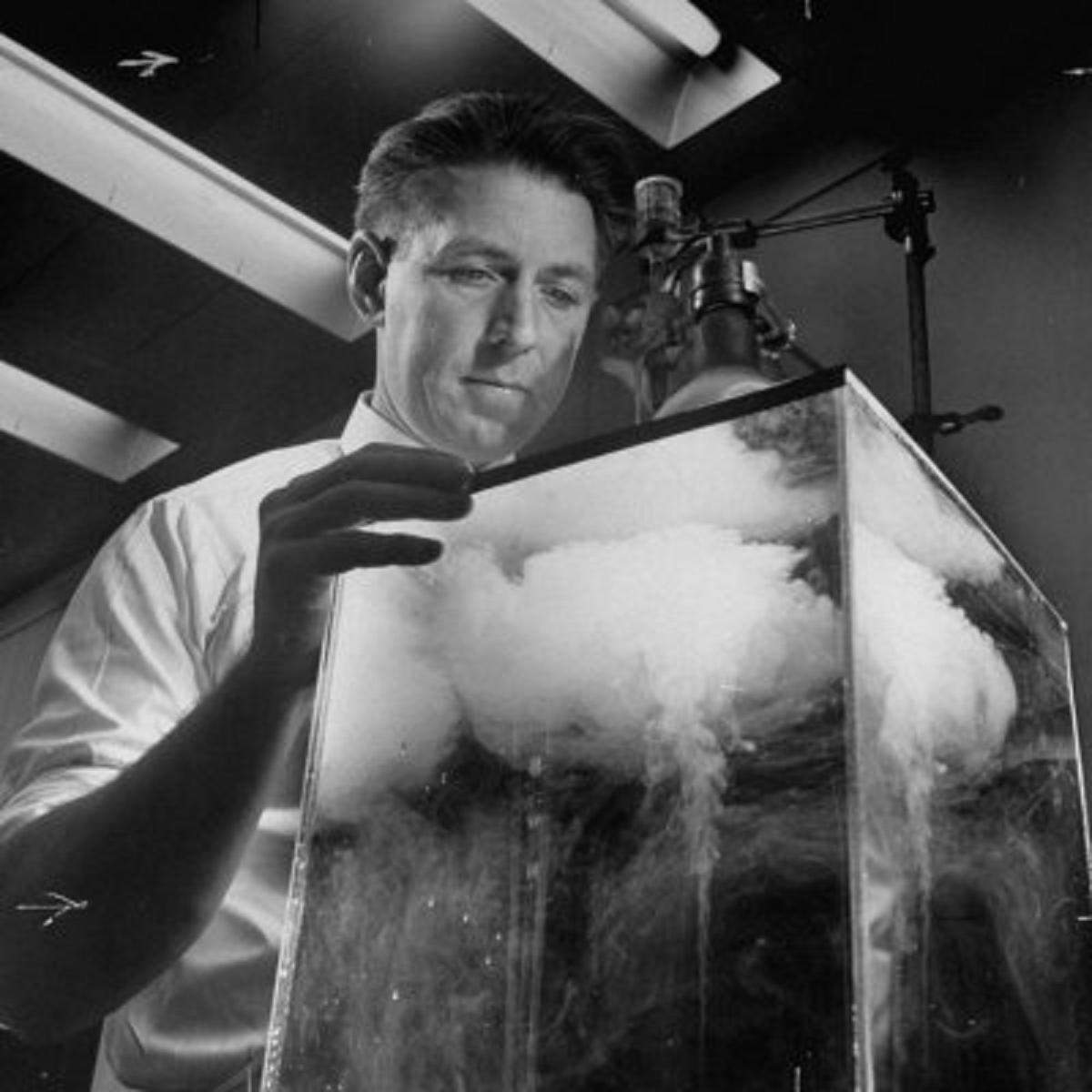syn·site
in simple terms: a complex concept that describes a place or experience that's made up of many different elements, interactions, or perspectives, all happening at the same time. It's not tied to a single physical location, but can span across different places, including virtual or digital spaces. It can be thought of as a web of interconnected experiences and ideas, constantly changing and evolving.
in simple terms: a complex concept that describes a place or experience that's made up of many different elements, interactions, or perspectives, all happening at the same time. It's not tied to a single physical location, but can span across different places, including virtual or digital spaces. It can be thought of as a web of interconnected experiences and ideas, constantly changing and evolving.
SYN (along with, at the same time | from Greek SYN, with | ~SYNTHETIC) + SITE (N: point of event, occupied space, internet address; V: to place in position | from Latin SITUS, location, idleness, forgetfulness | ~WEBSITE ¬cite ¬sight), cf. SITE/NON-SITE (from Robert Smithson, A PROVISIONAL THEORY OF NONSITES, 1968)
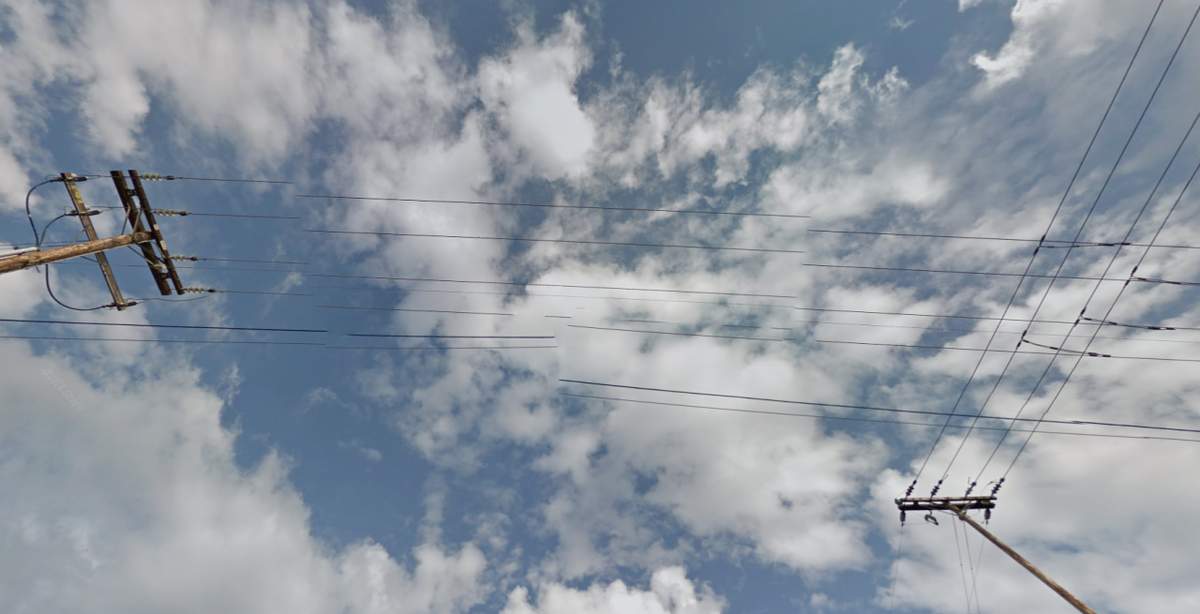


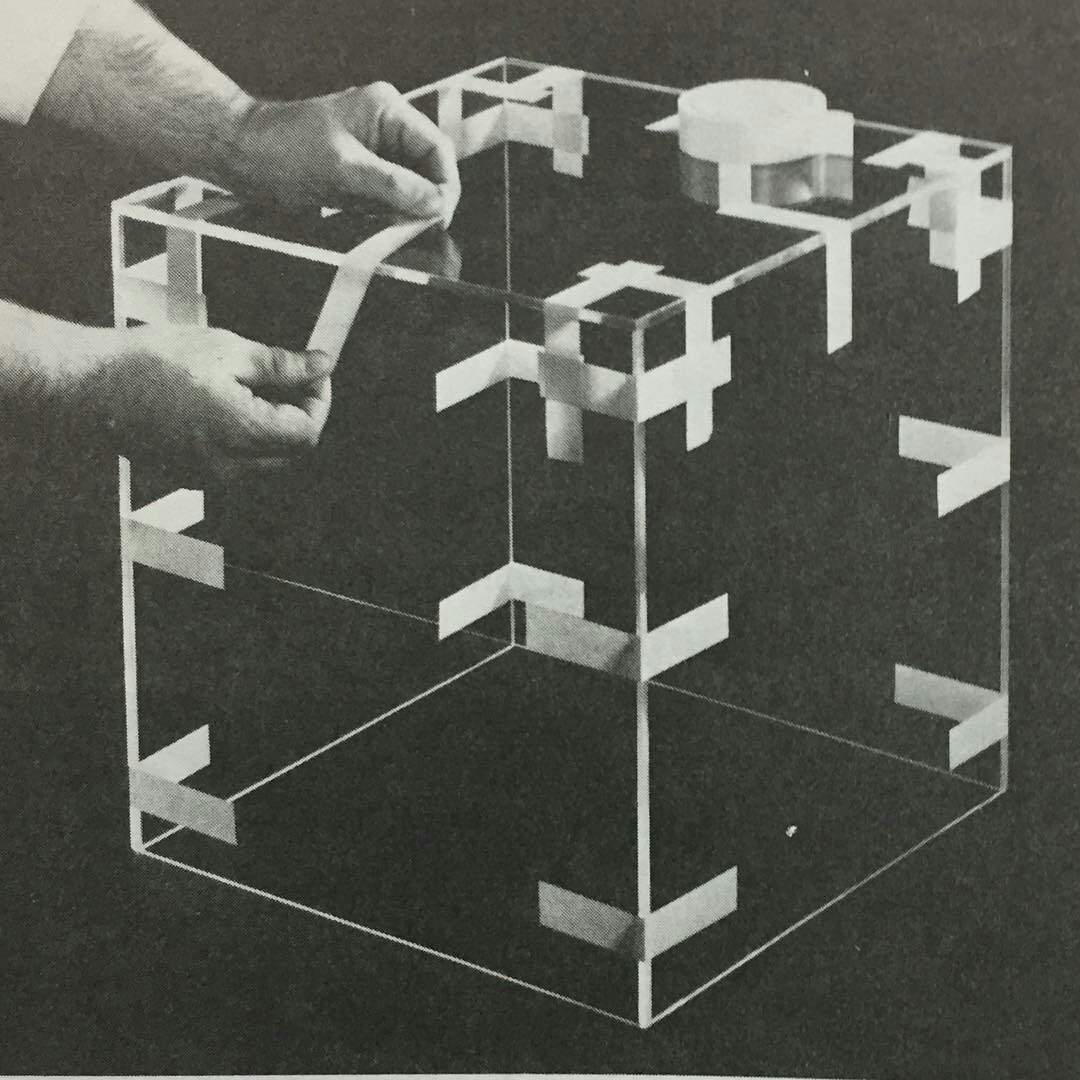





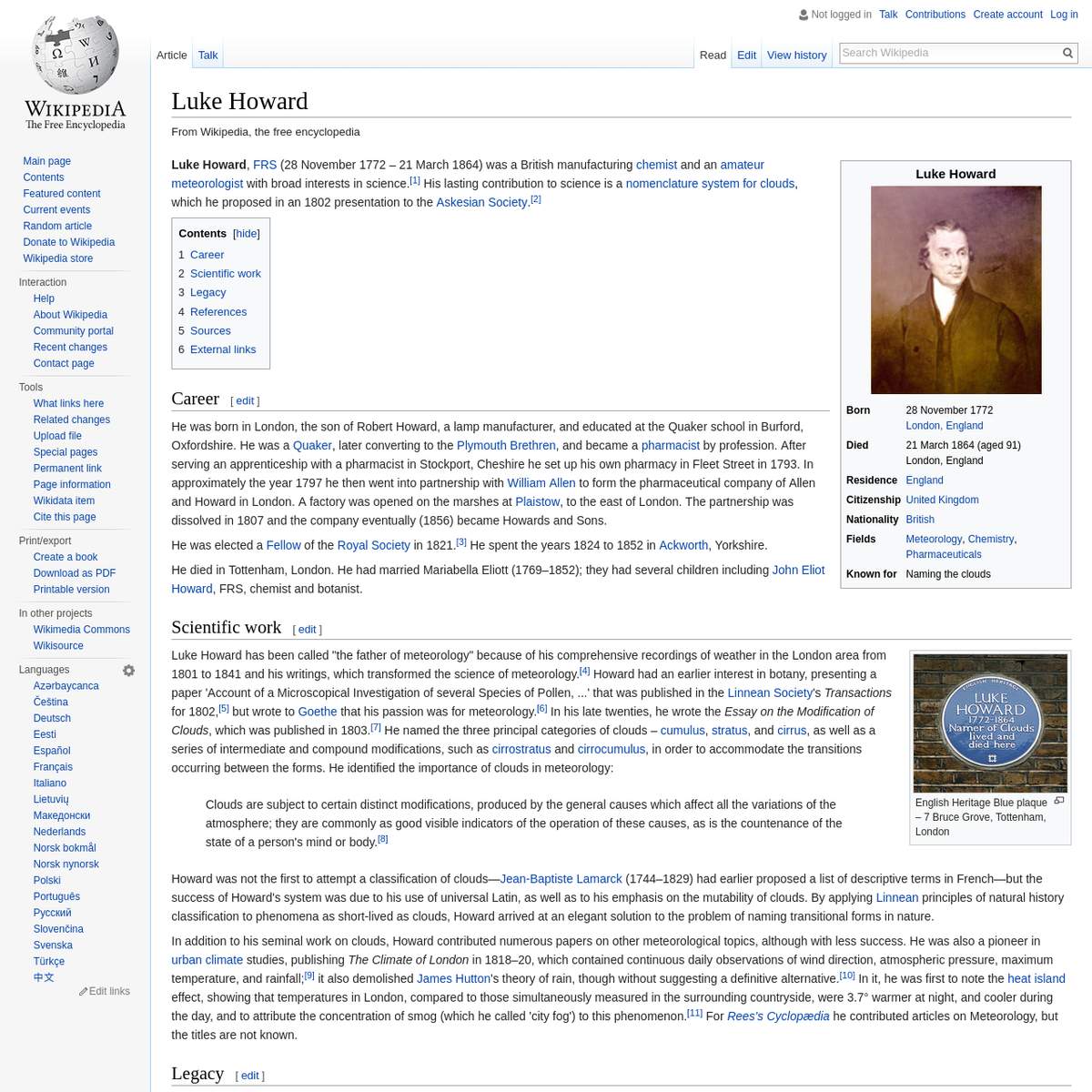


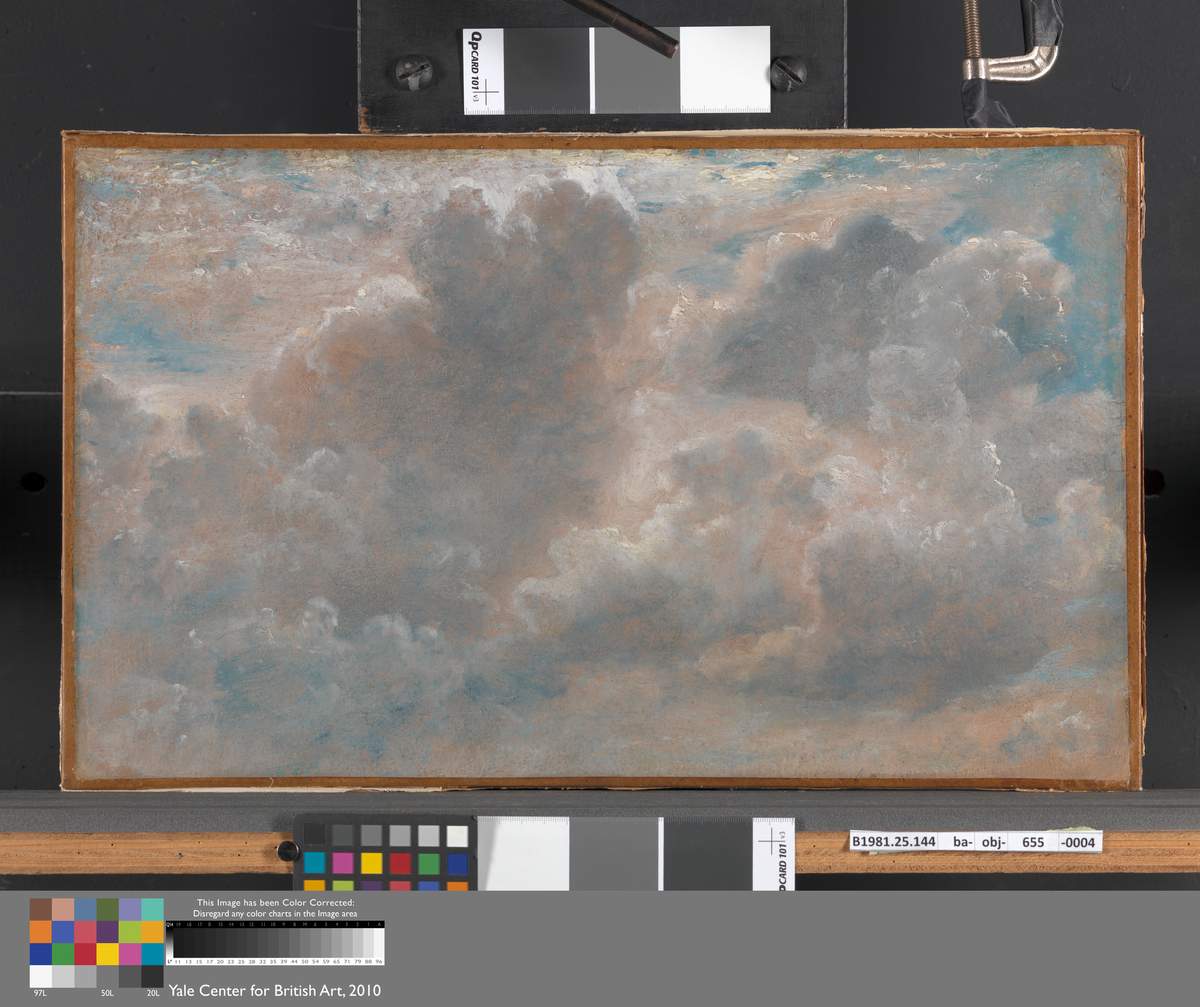





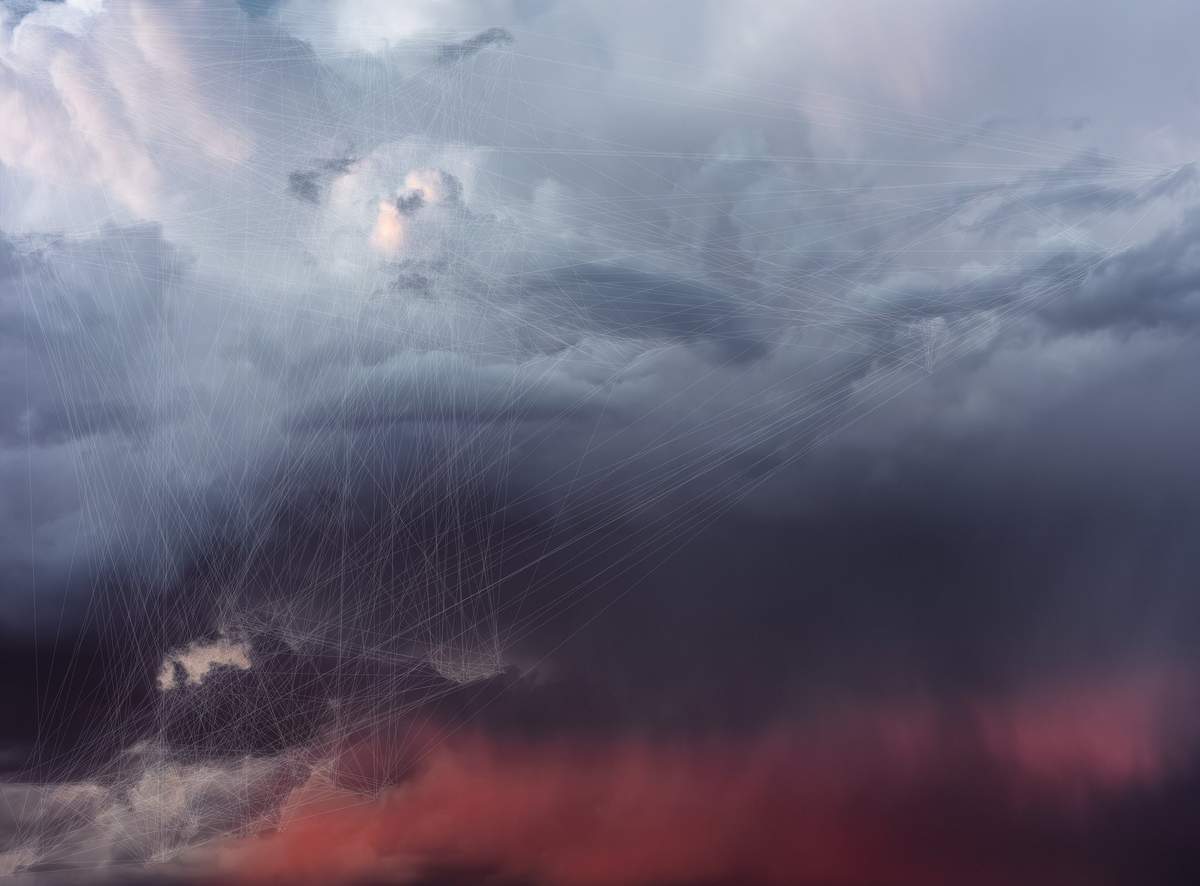





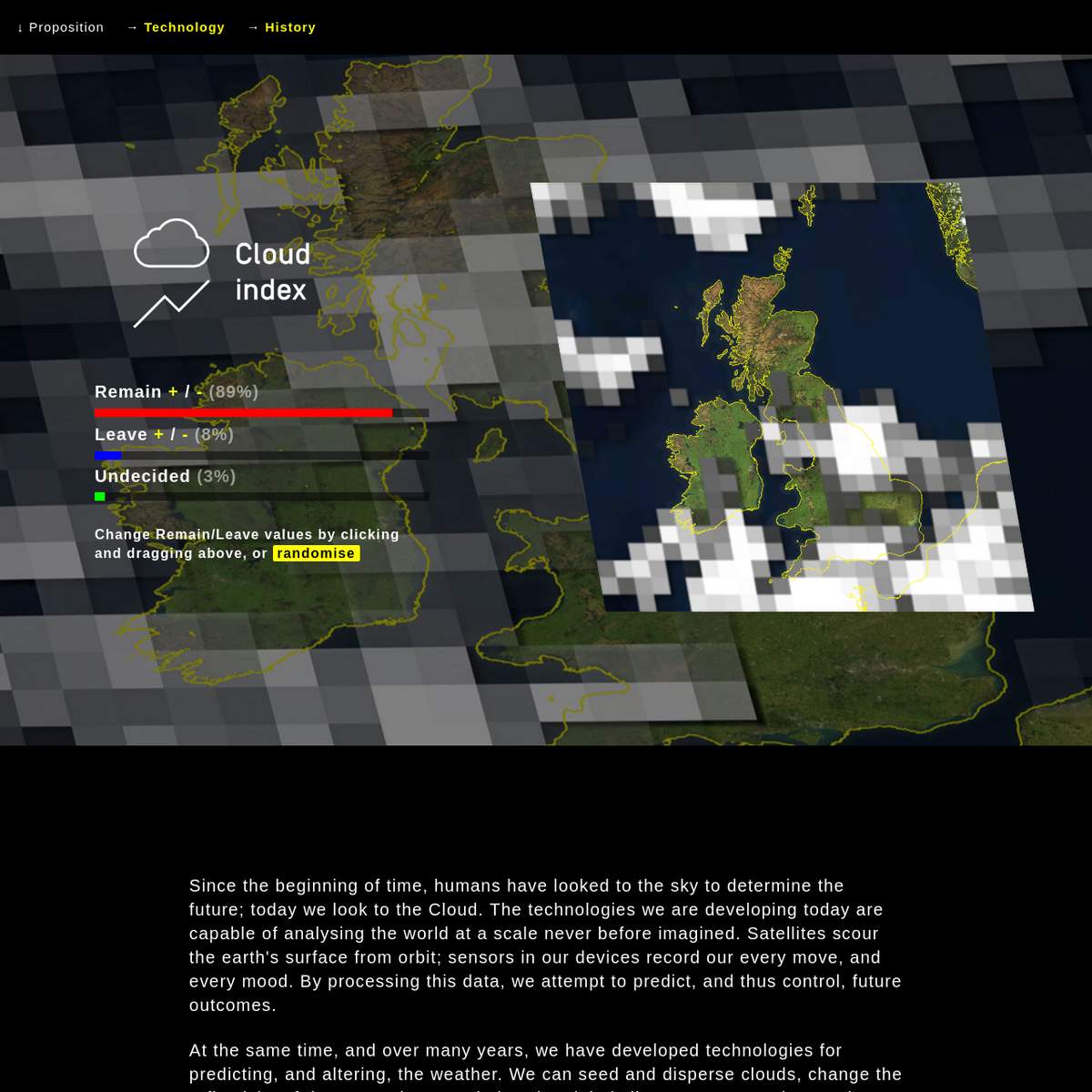





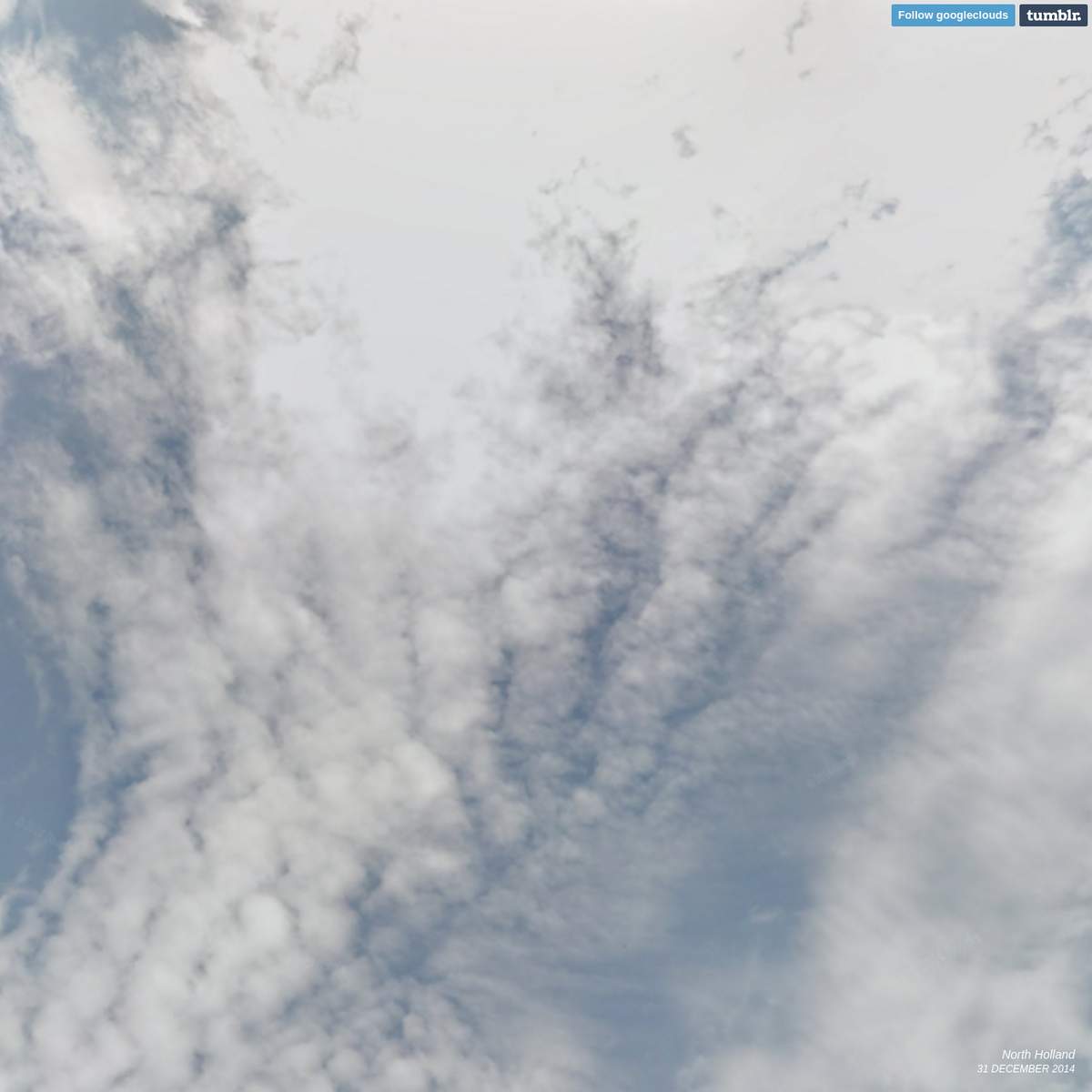


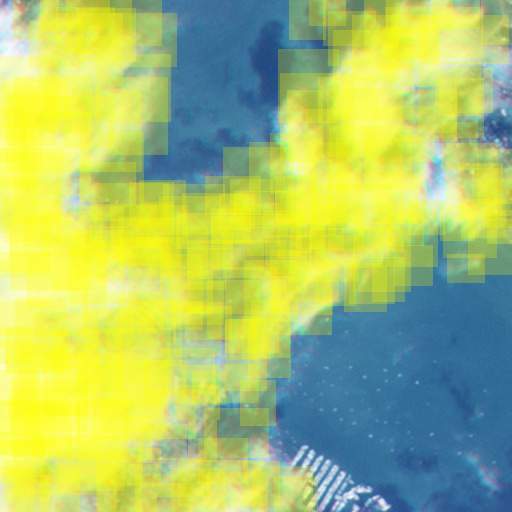


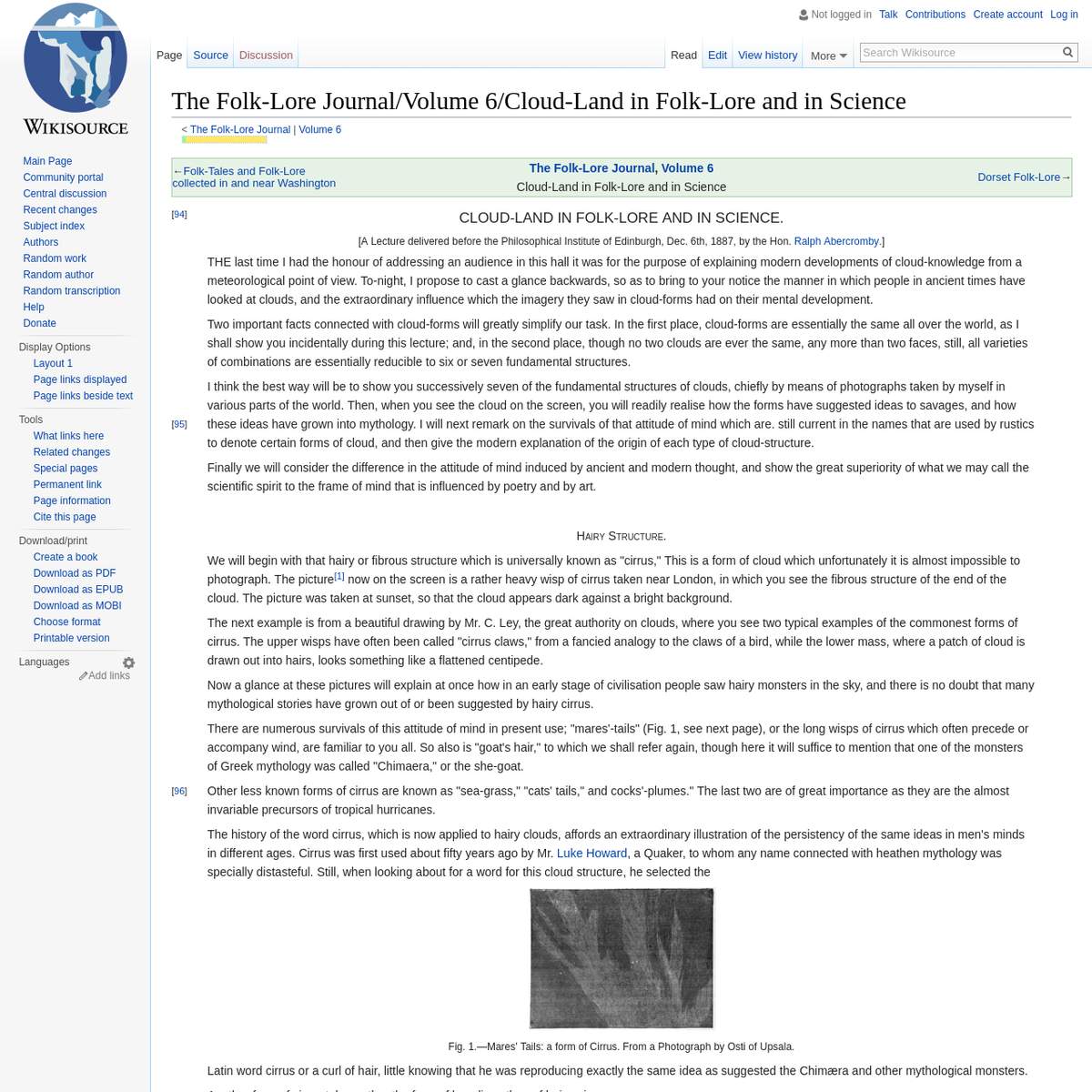





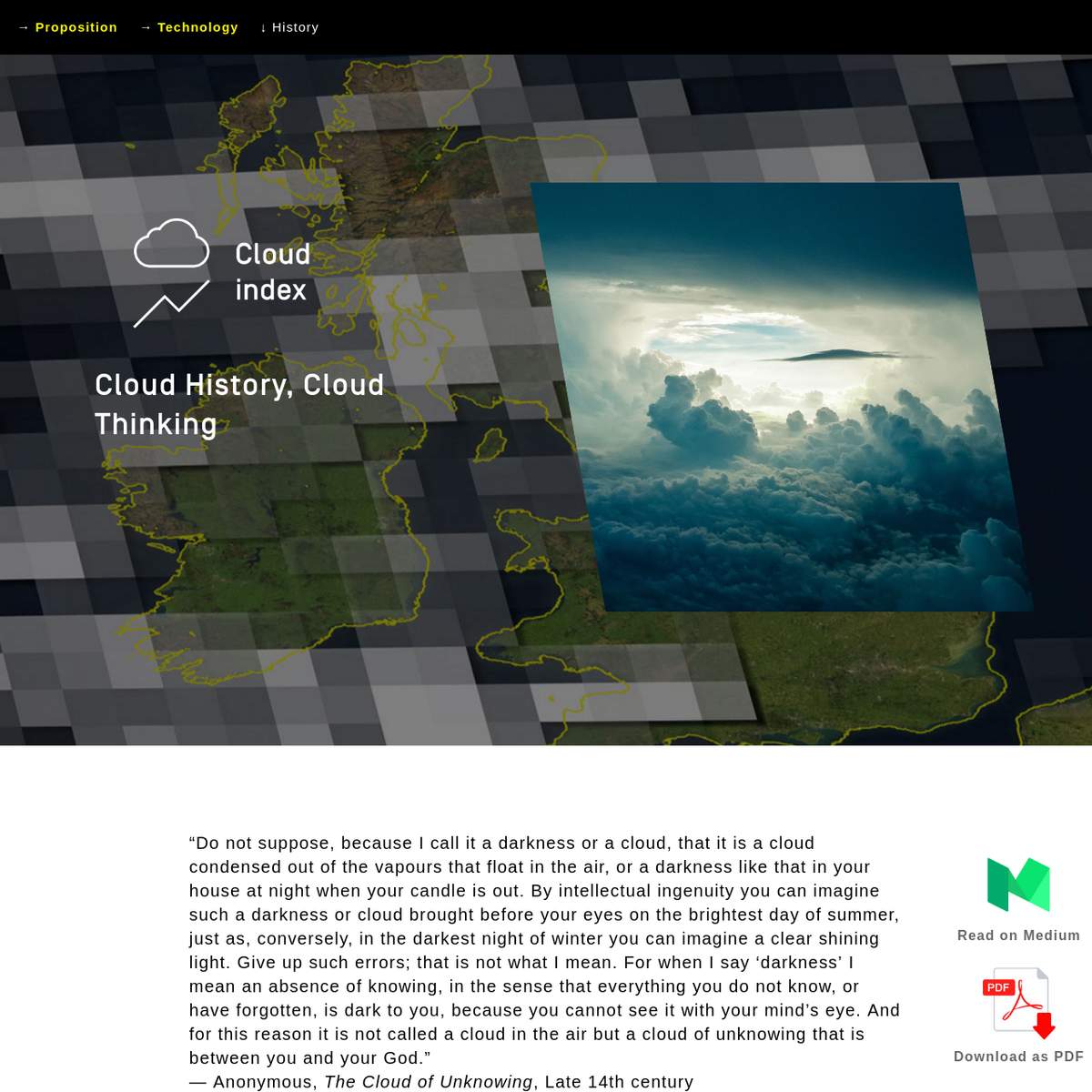





"Cloud computing is the full spectrum deployment of computational thinking to the world, and the internet makes of these clouds a single, vast, planetary weather system."
"Cloud computing is the full spectrum deployment of computational thinking to the world, and the internet makes of these clouds a single, vast, planetary weather system."
"Cloud computing is the full spectrum deployment of computational thinking to the world, and the internet makes of these clouds a single, vast, planetary weather system."



"Computer vision and artificial intelligence have become ubiquitous. We are now living in a world of planetary-scale 'Smart Cities' that track license plates, cell phone signals, faces, and pedestrian movements; self-driving cars autonomously navigate urban environments; robotic factories use computer vision for quality assurance and logistics. The works in this exhibition seek to provide a small glimpse into the workings of these platforms, and into the underlying data that structures how machines 'perceive' images, language, landscapes, and people."
"Computer vision and artificial intelligence have become ubiquitous. We are now living in a world of planetary-scale 'Smart Cities' that track license plates, cell phone signals, faces, and pedestrian movements; self-driving cars autonomously navigate urban environments; robotic factories use computer vision for quality assurance and logistics. The works in this exhibition seek to provide a small glimpse into the workings of these platforms, and into the underlying data that structures how machines 'perceive' images, language, landscapes, and people."
"Computer vision and artificial intelligence have become ubiquitous. We are now living in a world of planetary-scale 'Smart Cities' that track license plates, cell phone signals, faces, and pedestrian movements; self-driving cars autonomously navigate urban environments; robotic factories use computer vision for quality assurance and logistics. The works in this exhibition seek to provide a small glimpse into the workings of these platforms, and into the underlying data that structures how machines 'perceive' images, language, landscapes, and people."
